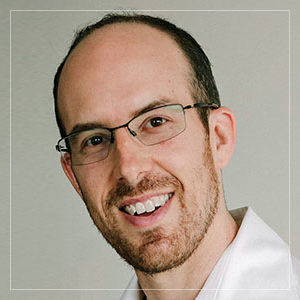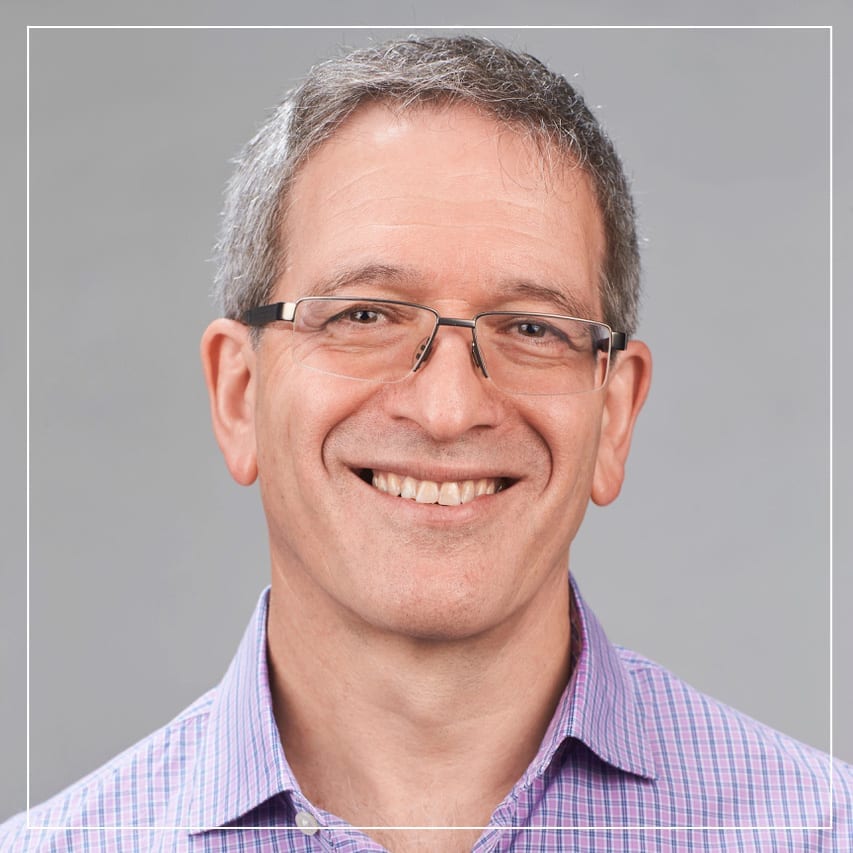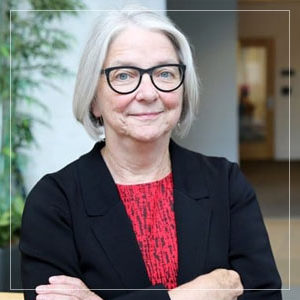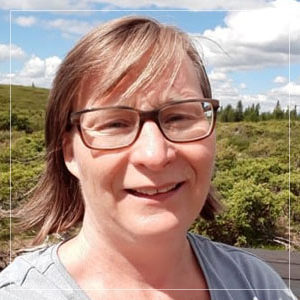The Family Model Advisory Group
family focused practice for you


Dr Freya Smith
Freya is a Clinical Psychologist who completed her undergraduate studies at the University of York in England, followed by her Doctorate in Clinical Psychology at Massey University in Wellington, New Zealand. She spent 3 years as a Policy Analyst and Advisor in Mental Health for the Ministry of Health in New Zealand. Freya currently works as a clinician in the Child and Adolescent Mental Health Service at Royal North Shore Hospital, Sydney, where she regularly incorporates TFM into clinical encounters. She has particular expertise in applying the single-session approach with young people admitted to hospital showing significant risk to themselves. Freya also provides teaching, training and presentations about the use of TFM in clinical practice and has contributed to a number of peer reviewed journal publications.


Dr Ben Hoadley
Benjamin is a child psychiatrist in Sydney who completed undergraduate medicine In New Zealand and subsequently generalist and specialist child and adolescent psychiatric training in Australia. He currently works with a number of child, adolescent & youth mental health services in an outpatient, inpatient & consultation capacity. He regularly incorporates The Family Model approach into his practice, with both acute crisis and early intervention work. He also provides regular training and supervision on clinical use of TFM and has contributed to peer reviewed literature on the clinical applications of The Family Model.


Heide Lloyd
I'm a single mother of 2 beautiful daughters and a besotted grandmother! Before children I worked as a legal secretary, PA & Paralegal. Although I have experienced mental health problems (MHPs) since childhood, being pregnant with my 2nd daughter and getting divorced caused a significant deterioration in my mental health. I struggled with insufficient family support, moving house and I was terrified I would be 'locked up' and my children removed from me if I told anyone about my paranoia/hearing voices/feeling suicidal. Severe depression led to voluntarily hospitalisation when my daughters were 3 & 5 years old. Many hospitalisations followed and I was very concerned about the impact upon my children.
This prompted me to look at ways of helping them. I qualified as a counsellor & wrote 5 booklets. I met Adrian Falkov in 1998 and was inspired by his 'whole family' approach. I've had the good fortune to collaborate with him on many projects since, the most striking being The Family Model (TFM).
When I lost my elder daughter in the Egypt bombings (2005), my struggles intensified. Fortunately, I had an excellent GP whose holistic approach resonated with TFM approach in supporting and enabling professionals and families to work together with trust and perseverance.
A family facing MHPs is not pre-destined to fail. TFM shows this. My journey with TFM's development has shown me that it provides a great opportunity people with MHPs - a structured yet flexible approach that involves every member of every kind of family using TFM as a base for working better together.


Dr Adrian Falkov
Adrian works as a senior staff specialist in child, adolescent & family psychiatry in Sydney, Australia. After completing undergraduate studies in South Africa, he trained and worked in London before moving to Sydney, where he has worked in clinical, management and policy positions.
Adrian’s longstanding interest in the links between parent’s & children’s experience of mental illness and the interaction between psychiatric symptoms and family relationships has informed his family focused work and the approach now exemplified by The Family Model. This partnership approach is based on shared expertise (professional and lived experience) and supports collaboration between clinicians, parents/carers, pts/consumers and their families.
In TFM Handbook he has tried to capture some of his observations & learnings over the years: As a child & adolescent psychiatrist working with developmental influences on individual & family functioning; as a mental health clinician working at the interface between adult & children’s services; as a policy ‘dabbler’, affording a ‘policy to practice’ implementation challenge and as a clinician with sufficient interest in research to sharpen and question clinical practice.


Professor Joanne Nicholson
Joanne is Professor at the Institute for Behavioural Health at the Heller School for Social Policy and Management, Brandeis University and a clinical and research psychologist with over 35 years of experience. She has an active program of research on parents with mental illness and co-occurring substance use disorders, and their children, in partnership with people in recovery. She and her collaborators have developed rehabilitation, education and training programs and materials for parents, integrating the current knowledge on parents with mental illness and evaluating interventions for families, including the pilot Family Options intervention and the Parenting Well initiative in Massachusetts, USA.
Dr Nicholson and her colleagues published the first guide for parents living with mental illness written by parents (Parenting Well When You’re Depressed) and a guide for professionals written with professionals, Creating Options for Family Recovery: A Provider’s Guide to Promoting Parental Mental Health. Joanne has been an advocate for The Family Model approach over the years and has used it in teaching and training. She has published over 100 papers and original articles in professional journals and edited volumes and has received more than 50 grants and contracts from federal and state funders, private foundations and industry.


Anne Hexeberg
Anne has a Masters degree in Strategic Management and has advised OsloMet (Oslo Metropolitan University and Akershus university hospital) R & D department of mental health in quality assurance, professional development and learning programs. This includes implementation of knowledge-based practice and organizational learning strategies. She has collaborated with colleagues on the TFM Masters Module (Families in Mental Health) at OsloMet and was technical advisor and project manager for TFM Foundation eLearning course.


Dr Marie Diggins
Marie is a UK-based social worker and independent freelance consultant who completed undergraduate studies in England and then worked in London (South London and Maudsley MH (NHS) Trust), where she held clinical and managerial roles. In 2002 she joined the Social Care Institute for Excellence (SCIE), where she worked with key stakeholders to identify innovative approaches to embedding evidence about what works in health and social care settings.
She made particular contributions to SCIE’s mental health strategy and resources, including Think child, think parent, think family: a guide to parental mental health and child welfare (2009). In 2014 Marie obtained her Phd (What works: Researching success in parental mental health and child welfare work). Marie was also a member of the Crossing Bridges Project Group, responsible for producing the first comprehensive training program on the impact of PMH problems on children.


A/Professor
Bente Weimand
Bente is a Norwegian mental health nurse, researcher at Akershus University Hospital and Associate professor at OsloMet (Metropolitan University). She has a longstanding interest in the impact of parental mental illness and substance misuse on children, relatives and family wellbeing. Her research focus has been to understand and improve workforce capacity to engage in family focused practice. Her work has also involved developing strategies for effective engagement of service users, carers and the public to improve practice, service design, research and education.
Bente has also been involved in collaborative international research on education programs and eLearning and development of national guidelines for health professionals working with service users’ relatives in the Norwegian health & care services (2017). She is a member of various international research networks focusing on family mental health and has collaborated with Adrian Falkov since 2012, after being introduced to The Family Model. She has found this model to be a most valuable pedagogical and clinical tool for clinicians, managers, and service users. Her efforts in this regard include development of the Master’s course in family focused practice (based on The Family Model) at OsloMet and she was a member of the international collaboration responsible for developing TFM eLearning resource.


Dr Anne Grant
Anne is a lecturer in mental health in the School of Nursing and Midwifery at Queens University, Belfast, Northern Ireland and a registered mental health nurse. She is a fellow at the Centre for Evidence and Social Innovation (CESI) and contributes to two research programmes including what works for families and mental health and wellbeing. Her research and clinical interests include parental mental illness, early interventions for families when parents have mental illness and/or substance misuse problems, and workforce capacity in relation to family-focused practice. Anne’s PhD involved use of TFM as a conceptual framework and she is particularly interested in implementation of The Family Model in family focused practice and evaluating the benefits for service users, their families and for HSC professionals.






